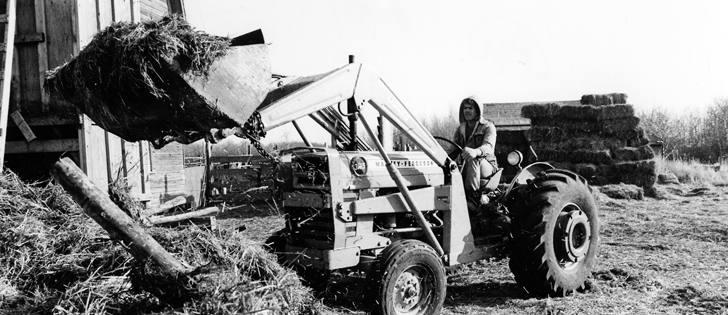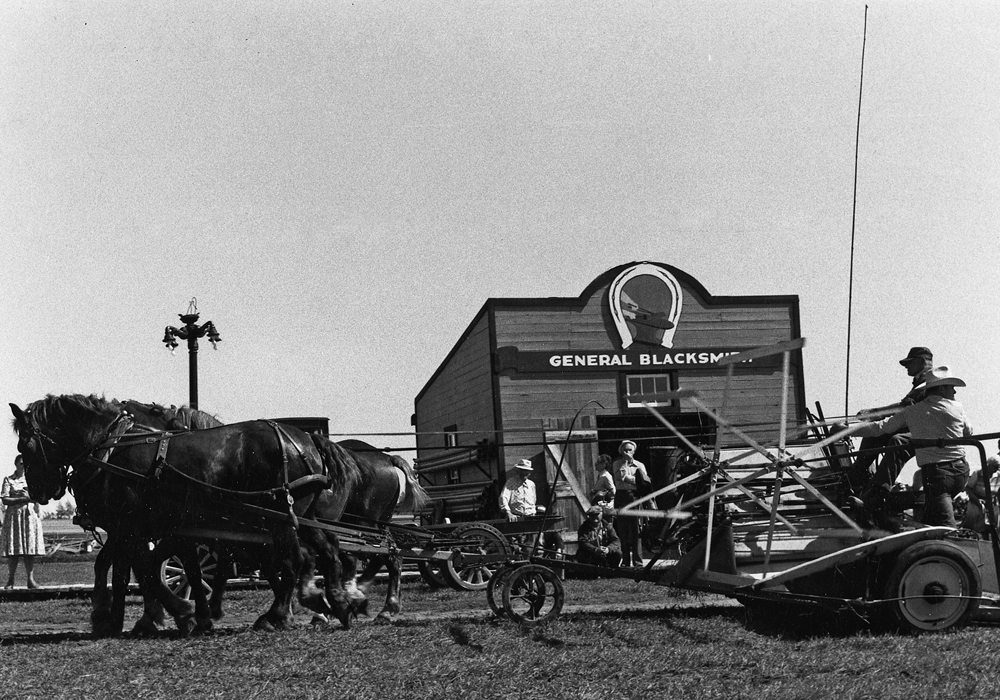The Western Producer takes a weekly look at some of the stories that made headlines in issues of the paper from 75, 50, 25 and 10 years ago.
75 years ago: June 4, 1942
Members of Parliament accused the Wartime Prices and Trade Board’s price control measures of hurting farmers. Thomas Reid, a Liberal MP from British Columbia, said he wanted to protest “as loudly as I can against the present drift” of the board into agriculture. “I protest strongly on behalf of the people of this country and particularly the farmers who are working like slaves below the cost of production,” he said in the House of Commons.
Read Also

High prices see cow-calf producers rushing to incorporate
Farm accountants are reporting a steady stream of cow-calf producers rushing to get their operations incorporated ahead of selling their calves this fall.
Great Britain agreed to buy 120 million bushels of wheat from Canada. The price had not been disclosed, but informed sources said it was probably more than 80 cents a bu.
50 years ago: June 8, 1967
Alberta became the only province without a provincial sales tax after Manitoba introduced a five percent tax, the first in the province’s history.
A grain shipping “bottleneck” at Vancouver was blamed partly on railway’s inability to bring grain from country elevators to match ships’ requests. However, the British Columbia Research Council also assigned blame to the elevators, which it said often sent grain to Vancouver for long-term storage when there were already adequate stocks of those grains at the port.
25 years ago: June 4, 1992
Eastbound grain exports slowed to a crawl, which was expected to result in restricted delivery quotas and cash flow problems for farmers. New shipping targets called for one million tonnes of grain to be hauled to Thunder Bay in June and July less than half of what had been forecast a month earlier.
Canada was being urged to come to Russia’s aid due to the country’s inability to pick up Canadian grain because it couldn’t pay for the ships. The opposition Liberals wanted Ottawa to extend Russia’s $1.5 billion line of credit.
10 years ago: June 7, 2007
An expected increase in interest rates was sending a chill through the agriculture industry, where farmers were carrying a record $52.3 billion in debt.
“Absolutely, this is a very scary situation with predictions of interest rate increases when many farmers already face huge debt servicing costs, far higher than their American competitors,” said David Rolfe, president of Keystone Agricultural Producers in Manitoba.
The barley industry was looking at how it fit into the emerging bioeconomy. The Western Barley Growers Association and Alberta Barley Commission had received $262,000 from Ottawa to evaluate the crop’s potential as a biofuel feedstock. “We’re so far behind the curve, we’ve got to start somewhere,” said WBGA past-president Doug McBain.















